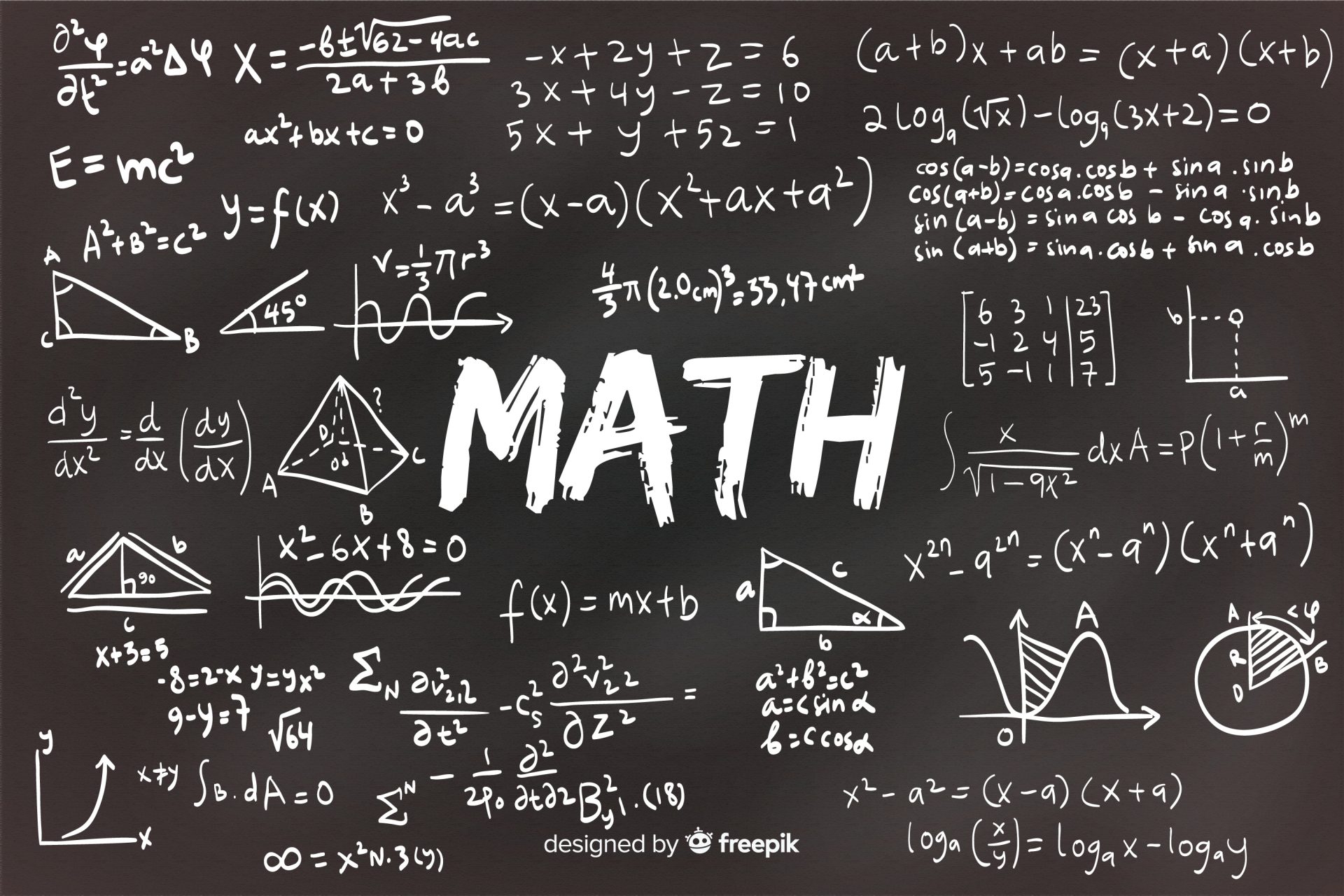Contents
Traditional schools don’t fit every family. Individual learning styles, special needs, or personal beliefs are the reasons for families to find another option. Online school is one of the decisions. The number of users in the online education market is expected to amount to 1,121.0 million users by 2029, according to Statista. Students can start their learning in online school anytime, including in the 9th grade.

9th grade classes are the first step in high school. These classes build a foundation in core subjects and prepare students for advanced courses. Let’s see how these classes work in online schools through Legacy Online School.
Core Subjects Overview
Core subjects are key classes. These courses build foundational knowledge and critical skills. Earning credits in these courses is required for graduation. We’ll look at these subjects closer.
Language Arts
English language arts teaches students reading, writing, and thinking. Children read books, study grammar, and write essays. These skills help students communicate better.
Mathematics
Math builds problem-solving skills for students. Children take algebra, geometry, or advanced math. These courses prepare students for harder subjects like calculus.
Science
Science helps students explore biology, chemistry, or physics. Kids learn through experiments and data analysis. Topics include ecosystems and chemical reactions. Online labs allow students to practice safely.

Social Studies
Social studies teaches students history and government. Kids learn about world events and different cultures. These classes help students think critically.
Elective Options
Electives are optional courses students choose based on their interests. Let’s explore these options in more detail.

Foreign Languages
Foreign languages teach students to communicate in new ways. Learning a language helps kids understand different cultures and boosts memory skills. These courses are valuable for future careers and travel.
The Arts
Art classes allow students to explore creativity through drawing, painting, or music. Children can develop their talents and express emotions. Theater and dance electives build confidence and teamwork. The arts encourage personal growth and self-expression.
Technology
Technology courses focus on coding, web design, and digital tools. Students gain skills for modern careers and problem-solving. Classes include robotics or app development. Technology electives prepare kids for a tech-driven world.
Advanced Course Choices
Advanced courses are higher-level classes. Let’s look at these courses in more detail.

Honors Classes
Honors classes offer more challenging coursework for high-achieving students. These courses dive deeper into subjects like math, science, or literature. Students in honors classes often complete assignments faster and at a higher level. Credits earned in these classes strengthen transcripts for college applications.
Advanced Placement (AP) Courses
AP courses prepare students for college-level work while still in high school. Subjects include biology, calculus, and history. Students can earn college credit by passing AP exams. These courses show academic rigor and help students stand out to colleges.
Study Techniques and Tools
Online schools teach students effective study techniques like time management, active note-taking, and goal setting. Examples of these techniques are the Pomodoro technique, mind mapping, and breaking long-term objectives into smaller ones. These strategies help students stay focused and improve their learning outcomes.
Legacy Online School combines these techniques with resources like digital planners, for example Google Calendar, and progress trackers. Experienced teachers guide students with personalized feedback. The curriculum has a strong focus on Science, Technology, Engineering, and Mathematics (STEM). These tools and techniques build independence and confidence for future success.
Success Stories of 9th Graders at Legacy Online School
“The program and teaching methodology is more logical and modern, forming a broader worldview of the student. The support specialist is always ready to solve any question both at the child’s request and at the parent’s request”
Parent’s review, Niche

The lives of many students have transformed through online learning. Students can focus on their studies without facing bullying and have more time to follow their passions. Legacy Online School has supported families in achieving academic success through online education for years.
Explore the inspiring success stories of Legacy Online School students here.











